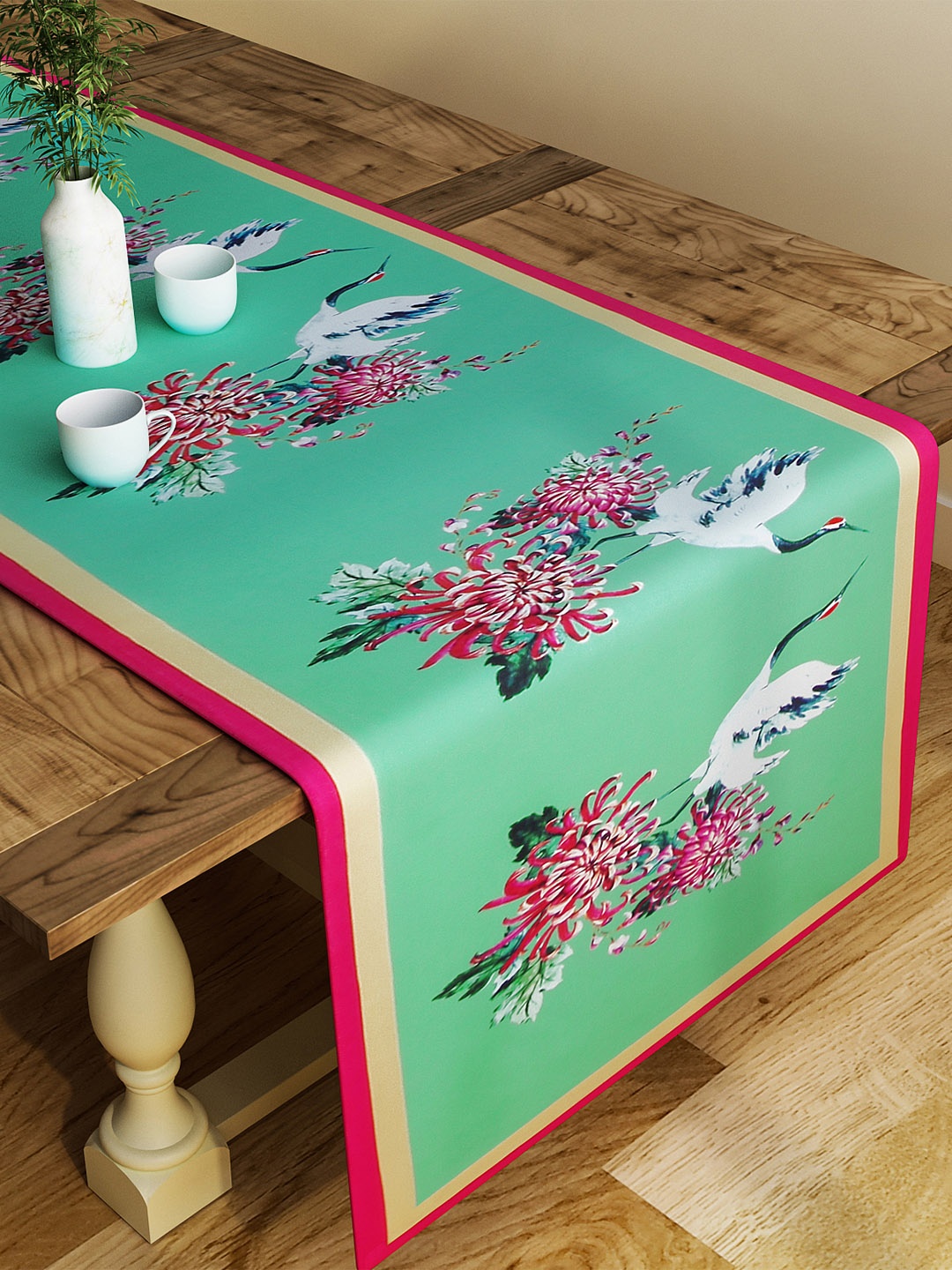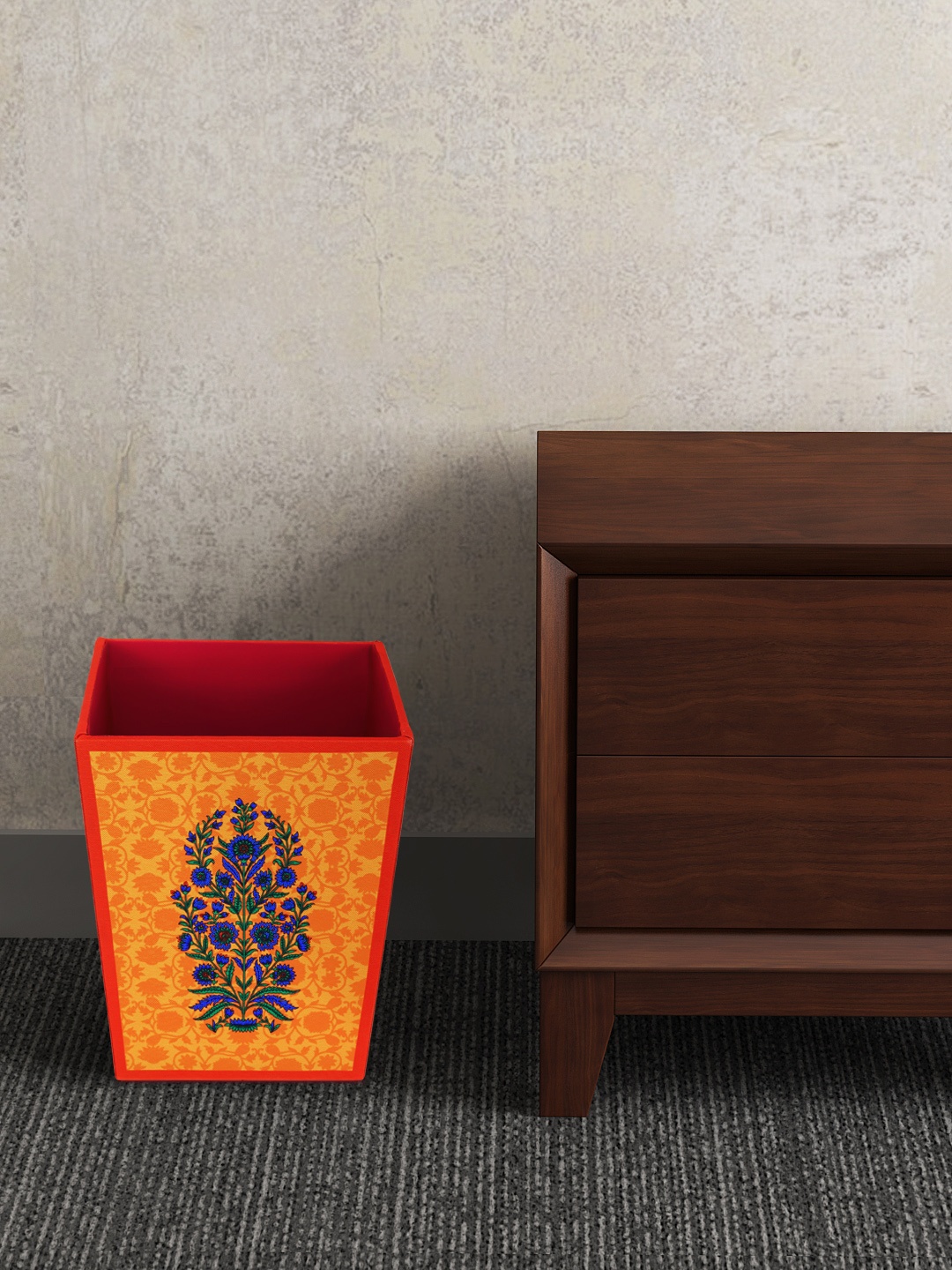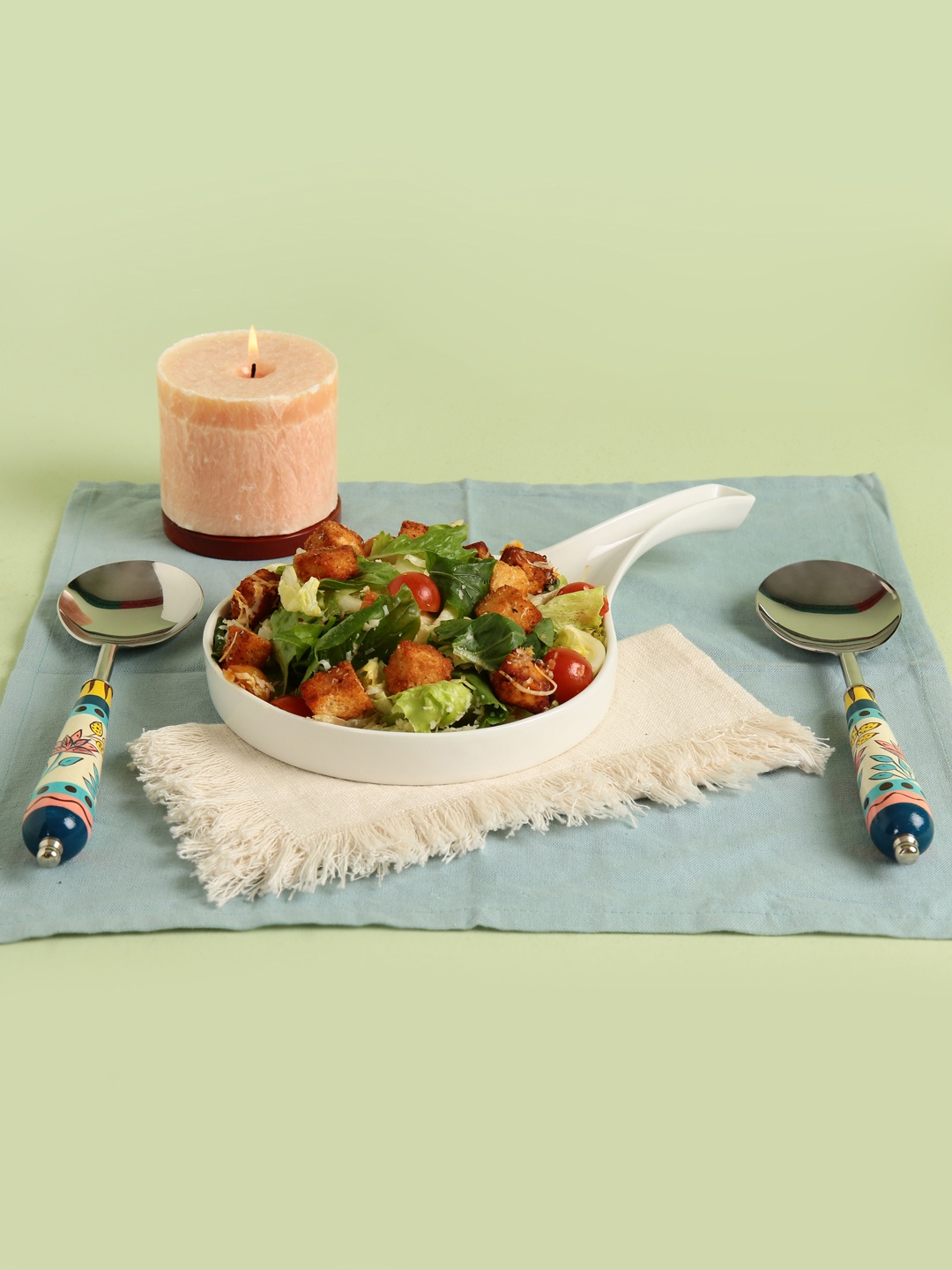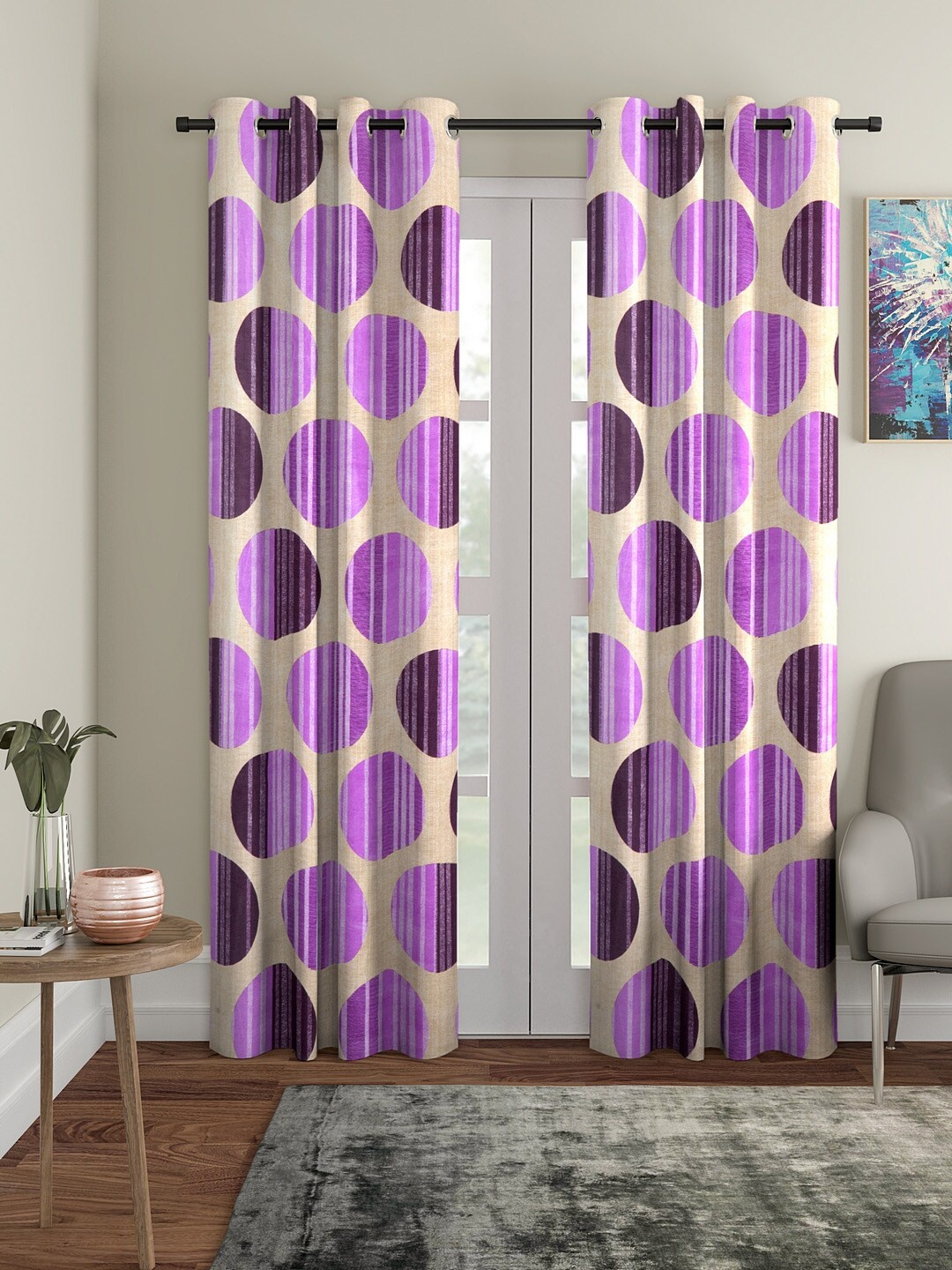Space-Saving Bookshelf Buying Guide for Flats, Studios And More: 10 Tips And 7 Picks
Looking to buy the perfect bookshelf for your little flat, makeshift home office or that crowded corner you call your study nook? This is a down-to-earth guide to help you choose smart, space-saving and stylish shelves, without breaking the bank.

Declutter Small Spaces: 10 Essential Bookshelf Tips And 7 Picks For Flats And More
In a country where space is more precious than a Sunday afternoon nap, finding the right furniture can feel like solving a jigsaw puzzle with half the pieces missing. Between ever-shrinking flats, shared accommodations, and those multitasking rooms that double as offices, storage has to work harder and smarter. Bookshelves are often overlooked. They're assumed to be just functional, stack, store, forget. But the right one can transform a corner, reflect your personality, and even lift the whole vibe of a room. Whether you're a book hoarder, a minimalist, or someone just looking for a spot to balance your wifi router and photo frames, there's a shelf that fits your story.
This guide explores how to pick the right bookshelf, not the biggest or the fanciest, but the one that works for your life. From budget hacks to styling tricks, this one's tailored for those who live with less square footage, but no less imagination.

Bookshelves For Small Homes: 10 Clever Tips And 7 Ideal Picks For Tiny Flats And Shared Living; Photo Credit: Pexels
1. Measure More Than Once: And Then Measure Again
Before choosing a bookshelf, the first rule is to know your space. Pull out the measuring tape, and don't just eyeball it, guesswork is a slippery slope to regret. Check the height, width, and depth of where you want the shelf to go. But also, think ahead: Will you need space to open a cupboard nearby? Does the door swing into that spot?
In tiny flats, every centimetre counts. Shelves that fit 'almost' perfectly might block windows, vents or plug points. For instance, in a 1BHK with a bed and wardrobe already competing for space, a tall, slim bookshelf that hugs a corner might be your best bet. If you're renting, be doubly careful, you don't want to lug home a ₹6,000 shelf only to find it sticking out like a sore thumb.
Don't forget to measure your books too. Oversized textbooks, coffee table books, or spiral-bound planners all need different shelf heights. A bookshelf should fit your lifestyle, not force it into odd corners.
2. Go Vertical, Not Just Horizontal
When floor space is limited, think like a skyscraper architect, build upwards. Tall bookshelves draw the eye upwards, making the room appear larger and airier. Bonus: you get more storage without eating into your already limited floor area.
In a home office squeezed into a bedroom corner, a vertical bookshelf can separate 'work' from 'sleep' without a single wall being knocked down. It creates visual structure. And in small flats, structure is sanity.
Many vertical designs now include open and closed sections. The open parts are perfect for books or décor, while the closed ones hide mess, those tangled chargers, spare notebooks or that one ugly pen holder no one wants to see.
Just ensure your ceiling height accommodates the shelf. And if you're short, a foldable stool nearby isn't a bad investment!
Also Read: Rabindranath Tagore Jayanti 2025: Have You Read These 10 Books By Tagore Yet?
3. Multipurpose or Nothing At All
In compact spaces, everything has to pull double duty. A bookshelf that also works as a room divider? Perfect. One with a fold-down desk? Even better. Designs today have gotten delightfully creative, some have drawers at the bottom, others have hooks on the side.
If you're in a shared space, say, flatmates in a two-bedroom, opt for a shelf that can double up as a partition. It offers privacy, while also giving you a spot for your books, plants, or even a Bluetooth speaker.
For those working from home, floating shelves above a work table can become both storage and a mini gallery wall. And in family homes where kids' homework, bills, and newspapers share the same room, bookshelves with labelled baskets or organisers make life feel a little less chaotic.
4. Pick the Right Material (And Make It Last)
Let's talk materials. It's tempting to go for the cheapest thing online, but in high-humidity areas or homes without ACs, cheap particleboard can warp faster than milk left out in May.
Solid wood bookshelves are durable but pricey. Engineered wood, especially the kind with laminate coating, offers a sweet middle ground, affordable, reasonably sturdy, and available in multiple finishes to match your decor.
Metal shelves, on the other hand, bring an industrial charm. They're ideal for minimalist spaces or loft-style aesthetics. Just make sure the joints are stable, and the edges aren't sharp (kids and clumsy knees won't thank you otherwise).
If your budget is tight, check second-hand furniture apps or local markets, you'd be surprised what ₹1,000 can fetch if you're willing to sand a little and paint a lot.

Smart Storage Solutions: 10 Tips And 7 Bookshelf Picks For Tiny Flats And Shared Spaces; Photo Credit: Pexels
5. Style With Intention, Not Clutter
Even the most functional bookshelf can double up as a display piece. It doesn't have to be wall-to-wall fiction. Mix it up with photo frames, indoor plants, souvenirs from your last trip to Goa, or that ceramic bowl your cousin made in pottery class.
Think in odd numbers, arrange items in threes or fives. Place heavier books at the bottom for stability and visual balance. Vertical stacks create rhythm, while horizontal piles add contrast.
And remember, blank space is your friend. Just because there's a shelf doesn't mean it must be filled. White space gives your bookshelf breathing room and keeps it from feeling like an overloaded kirana shop shelf.
6. Don't Ignore Portability
If you shift homes often, avoid bookshelves that weigh more than your fridge. Go for modular or foldable designs that are easy to dismantle and reassemble. Some come with wheels, bless the soul who invented that.
For students, job-hoppers, or those living in rented spaces, portability is key. Investing in lightweight metal frames or stackable wooden cubes means you can adjust the shelf to fit different rooms across different homes.
Plus, smaller units can move between rooms as needed. What's a bookshelf today could be a bedside table tomorrow or a bathroom organiser next month. That's not just convenience, it's creativity on a budget.
7. Custom-Build If Nothing Fits
Sometimes, off-the-shelf just won't cut it, literally. Awkward corners, under-stair areas or narrow hallways might need a made-to-measure solution. Local carpenters can do wonders, often for far less than high-end furniture brands.
A wall-mounted shelf above a kitchen counter? A bookshelf tucked into that dead space behind the door? These aren't luxury ideas, they're practical hacks when square footage is at a premium.
Custom shelves also let you choose your finish, height, depth, and compartments. You get to decide if you want a mix of open and closed storage or need something tall and narrow. Plus, supporting local craftsmen brings its kind of joy.
8. Budget Smart, Not Cheap
There's a difference between being budget-conscious and cutting corners. That ₹700 plastic shelf might look fine online, but what happens when it leans like the Tower of Pisa after two months?
Set a budget (say, ₹2,000–₹5,000 for a mid-sized shelf) and stick to it. Check for reviews, see if the store has return policies, and compare across platforms. Offline markets like Sarojini Nagar in Delhi or local bazars in Pune offer quirky, affordable finds if you enjoy the hunt.
Also, consider long-term costs. A slightly pricier shelf that lasts five years is cheaper, in the end, than replacing a flimsy one every monsoon.
9. Blend With Your Room, Don't Battle It
A bookshelf should feel like it belongs. Match the colour and texture with existing furniture. If your room is all teak and cane, a glass-and-metal unit might stick out like a neon sign in a temple.
In smaller homes, neutral colours, white, beige, or light woods, create an illusion of space. If your walls are colourful or textured, a simpler shelf can balance the visual weight. And in minimalist setups, a dark-toned or uniquely designed bookshelf can become a feature element.
Cohesion matters. It's not about perfection; it's about making sure your bookshelf isn't silently shouting over the rest of the room.
10. Think Beyond Books
Not all bookshelves are for books. Some hold toys, plants, art supplies, office files or even your kitchen masalas. Open cube shelves can be repurposed endlessly, display your indoor garden, stash extra chargers in boxes, or line up jars of dry fruits in the dining area.
In small homes, adaptability is power. A bookshelf that's versatile will grow with your needs. As your home evolves, so should your furniture. That's the beauty of thoughtful design, it doesn't box you in; it frees you up.

Space-Saving Bookshelf Buying Guide for Flats, Studios And Work-from-Home Setups; Photo Credit: Pexels
Products Related To This Article
1. ABOUT SPACE Book Shelf for Home Library - 9-Tier Tree Shaped Book Rack for Study Room DIY Wooden Book Stand with Bottom Storage Space for Office
2. Lukzer 3 Layer Engineered Wood Multipurpose Rack Bookshelf Storage Organizer Stand
3. Amazon Brand - Solimo 6 Layer Engineered Wood Bookshelf
4. DecoLogy Plastic Multipurpose Bookshelf Organiser Rack for Living Room
5. ABOUT SPACE Open Book Shelf DIY Book Storage Display Rack
6. Snazzy Metal Bookshelf For Study Room
7. SHRI MINTU'S ART Wooden Corner Bookshelf for Living Room
In the end, picking the right bookshelf isn't just about storage, it's about creating space for stories, both written and lived. It's a nod to organisation, yes, but also to self-expression. Whether you're curating classics, stacking cookbooks or tucking away paperwork, the shelf you choose should simplify your life and brighten your room.
Big or small, budget or bespoke, the right bookshelf makes a home feel more 'yours.' And in a world where space is tight, but dreams are wide, that's no small thing. Shop now on Amazon.
Disclaimer: The images used in this article are for illustration purpose only. They may not be an exact representation of the products, categories and brands listed in this article.









![Steam Iron Teflon Shoe Cover for ES-300,ST-96 [Only For ES-300 and ST-96 Model Electric Steam Irons]](https://m.media-amazon.com/images/I/51wwkttondL._SL160_.jpg)















